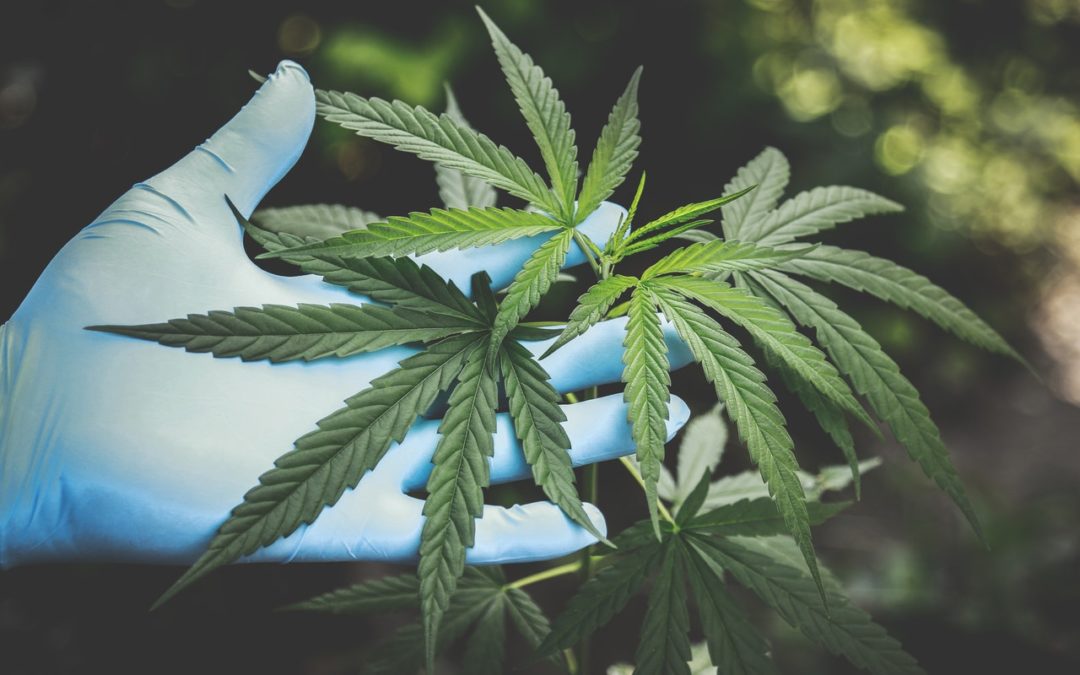More and more people seem to be turning to CBD for chronic pain, mood swings, and much more. But many are asking the same questions: Will CBD actually do anything to alleviate their symptoms? And more important, is CBD as safe as advertised?
Massachusetts medical marijuana doctor Jordan Tishler discusses these questions and common medical conditions that you may be able to treat symptoms of with CBD.
Is CBD A Narcotic?
CBD, or cannabidiol, is one of the many cannabinoids, or medicines found in medical marijuana. CBD is not a narcotic, nor is it intoxicating. When taken alone it should not cause the user to feel a sense of euphoria or a “high.” CBD is also non-addictive. However, this does not mean that CBD is necessarily helpful for those who may suffer from daily pain.
Can CBD Oil Be Used to Treat Shingles?
Shingles is a common, painful rash, primarily seen in older people caused by the re-emergence of previously dormant Chicken Pox virus (varicella-zoster) that lives in nearly all of us. Currently, there is no evidence to suggest that CBD can significantly lessen the symptoms of shingles.
CBD-infused topicals may seem like a great idea for those who are experiencing painful rashes as a result of Shingles, but there is simply no proof that products containing cannabidiol are helpful for those with shingles. A 2007 study published by the Journal of Dermatological Science showed that CBD and other cannabinoids were effective in treating psoriasis by inhibiting keratinocyte proliferation in human skin cells, but Shingles is an entirely different sort of problem. There has not been any significant research conducted on patients with shingles who use CBD.
Moreover, CBD has only been found to have an analgesic effect in mice at doses upwards of 10-20mg of CBD per kilogram of body weight, which is really an enormous amount of CBD. Most bottles of CBD do not even claim to contain 100mg of CBD, which may be enough CBD for a rat, but not a human. At 50-100mg of CBD per bottle, it would take at least six bottles of CBD for a human and although those suffering from shingles may be swayed by topical CBD products, it is unlikely that these products will actually provide any benefit, especially at the low doses found in a bottle of store-bought CBD oil or cream.
Using CBD to Treat Chronic Idiopathic Urticaria
Chronic Idiopathic Urticaria results in hives lasting for weeks, months, or even years, and those with Chronic Idiopathic Urticaria may be wondering if topical CBD products may possibly relieve their itching and discomfort. Unfortunately, there is no research suggesting that CBD may be effective in treating humans with Chronic Idiopathic Urticaria, and most research on CBD as a treatment for skin conditions has been largely limited to animal studies.
CBD has only been found to have an analgesic effect in mice at doses upwards of 10-20mg of CBD per kilogram of body weight (Source), which is really an enormous amount of CBD. Most bottles of CBD do not even claim to contain 100mg of CBD, which may be enough CBD for a mouse, but not a person. At 50-100mg of CBD per bottle, it would take at least six bottles of CBD for a human to feel any sort of analgesic effect from the CBD, and at a dose this high, they are likely to experience unpleasant side effects like dizziness and gastrointestinal distress.
Can You Treat Temporomandibular Joint Dysfunction (TMJ) with CBD?
Temporomandibular Joint Dysfunction can cause a painful stiffness in the jaw, along with swelling and tenderness in the face. Certain studies have shown that CBD may be beneficial for those who suffer from pain as a result of arthritis and other painful conditions, but there have not been any notable studies done on patients with Temporomandibular Joint Dysfunction and CBD. Also, the participants in these studies who showed positive outcomes were given 10-20mg of CBD per their body weight, which is roughly 600mg of CBD daily. A lower dose did not provide significant benefit.
Does CBD Help With Mood Swings?
Ultimately, those who suffer from pain due to conditions like shingles or temporomandibular joint dysfunction may want to look towards other options. Similarly, CBD may also not be the best option for those who have mood swings. There have not been any studies showing that CBD may be effective in helping treat mood swings, and studies only show CBD’s potential for anxiety relief at doses of 600mg+ daily.
Consult a Trained Medical Marijuana Expert Today
Those looking to use CBD, THC, or any derivative of marijuana should consider speaking with a Boston medical cannabis professional who has experience helping patients use cannabis therapeutically. Jordan Tishler, M.D. sits on the faculty of Harvard Medical School and has spent years assisting patients with cannabis. He and the team at InhaleMD stand ready to help you determine if medical marijuana may be right for you. To learn more or to set up a consultation, call us at (617) 477-8886 today.

